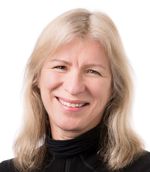Melbourne Conversations: Personalised Medicine: Me and My Genome
with panel members Professor Michael Snyder, Stanford Ascherman Professor and Chair of Genetics, Director of the Center of Genomics and Personalized Medicine, Stanford University, USA, Professor Andrew Sinclair, Associate Director, Murdoch Children’s Research Institute, and Professor Loane Skene, Faculty of Law, Adjunct Professor, Faculty of Medicine, Dentistry and Health Sciences, University of Melbourne
Ever since the announcement in 2003 of the sequencing and publication of the first complete Human Genome, the promise of personalised medicine has kept us engaged with the research, yet almost fifteen years later, most doctors presented with a patient’s genome on a USB stick, have little use for it. A lot has been happening in the world of what is now called ‘clinical genomics’, it is just that there are still numerous hurdles to be overcome before personalised medicine delivers on the scale first imagined.
The visit to Melbourne by global genomics expert Professor Michael Snyder presented a great opportunity for Melbourne Conversations to host a discussion about this emerging world of genomic medicine and give an update. The addition of panellists working in children’s genetic disorders and the legal terrain this covers and the vibrant Natasha Mitchell, presenter of Life Matters, ABC RN as MC, ensured this was a popular event. Having registered early, we were told a few days out that the event was already full, with seating for 500 and standing room for 150.
Over ten years ago the vibrant Baroness Susan Greenfield, then director of the Royal Institution of Great Britain and Thinker-in-Residence in South Australia, challenged Australian science communicators to find audiences for science events in the same way they already exist for opera, theatre or the footy; saying science events should be a natural part of the mix of cultural offerings available in any civilised city. Maybe this good crowd is a sign that we are getting there.
Out of curiosity and true to good scientific tradition of self-experimentation, five years ago Prof. Snyder sequenced his own whole genome. As he showed us, some results were unremarkable and some were surprising. Some are still a mystery, or as we learned later, will remain unreliable until our methodology improves. Something he already did know was his family’s predisposition to and his own high cholesterol levels and he has since used his genomic profile to determine which cholesterol-lowering drug he should be taking. What was news was an unknown risk (ie. not previously seen in his family) for developing Type 2 diabetes. On first learning this five years ago, he started closely monitoring his glucose levels and mapping on to his charts any infections, illnesses and lifestyle changes made along the way. It seems that infections can have a significant effect on glucose levels, as can exercise, as we already know. So he has been altering his lifestyle in response to this information and maintaining healthy glucose levels. This empowerment through knowledge is something he now is advocating for us all. Using this case study of one, he made a very strong case for personalised medicine and its role in moving the practice of medicine from reaction to prevention.
Prof. Sinclair works with children with the most severe genetic disorders. Genomic medicine offers the hope of being able to intervene with the genes of these children to offer new treatments, but our knowledge of what other side-effects may occur when such gene-altering techniques are used are still in the realm of the unknown. So why do it? Genomic analysis does offer an explanation for parents for their sick child’s failure to thrive and this does give comfort. Prof. Sinclair also described one case of a rare genetic disorder affecting a thiamine transporter which meant the child did not thrive. By identifying this particular defect they had made interventions which had promising results. This was heartening. Longer term, these studies add to a growing database of knowledge about genetic diseases, help us understand their complexities and offer the promise of medical treatments in the future. Where it cannot help someone today, it may help others – a very typical human response when faced with nature’s caprice.
Both these presentations had key moments when the audience response rose above a murmur. The first gasp was when Prof. Snyder suggested a future where our toilet bowls will have sensors installed to monitor our deposits for blood, sugar etc. Whilst it seems a little confronting to imagine, most of us will probably adjust to such smart personal devices if they help monitor our own health status between visits to the doctor. But could it make us all hypochondriacs? The second gasp was over the development of more complex genetic testing of embryos and how we might use and/or act on such tests. Prof. Skene reassured us that the existing legal protections would cover most scenarios and her contribution was welcomed.
Tuning in to an audience’s emotional responses to new ideas like the challenges emerging from such new technologies is something the actors at Melbourne's Playback Theatre have been doing for many years. Invited in to a forum or conference, they focus on the new, big ideas being presented and then ‘playback’ the personal responses of the audience using their skills of observation, empathy and expression. Playback’s Artistic Director Mike McEvoy says, “inserting entertainment and acknowledging personal and cultural experience through creative and respectful role-plays and other theatrical techniques, brings a deeper understanding to the content and context of the new ideas being discussed and gives expression to the unspoken responses of the audience.”
Question time is meant to make room for our responses but it is never long enough or is too tightly managed. And while some may say that twitter is now performing some of this ‘responding’ role, it remains a pretty crude tool compared with the reflection that trained, professional actors can bring.
Melbourne seems to have an appetite for hearing about and contemplating new science. If that audience is to expand we need to enrich the experience by including other ‘experts’ and diversifying our offerings. While grant funding might cover the scientists attending an event, we shouldn’t expect our actors to work for nothing. So if Melburnians want more and better, they might have to be prepared to pay for these events like they pay to go to the movies, football or theatre.
This free event was held at Deakin Edge, Federation Square, Melbourne city | 6-7:30pm, Wednesday 18 February 2015 |
This event was videoed and is now online.


